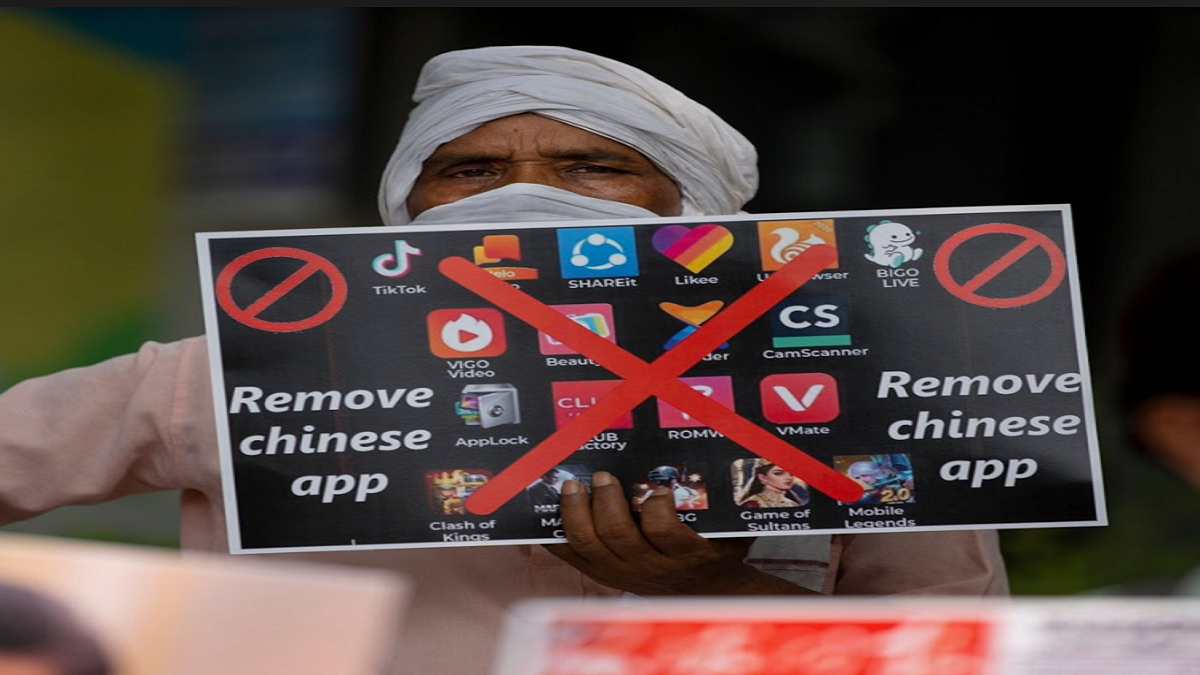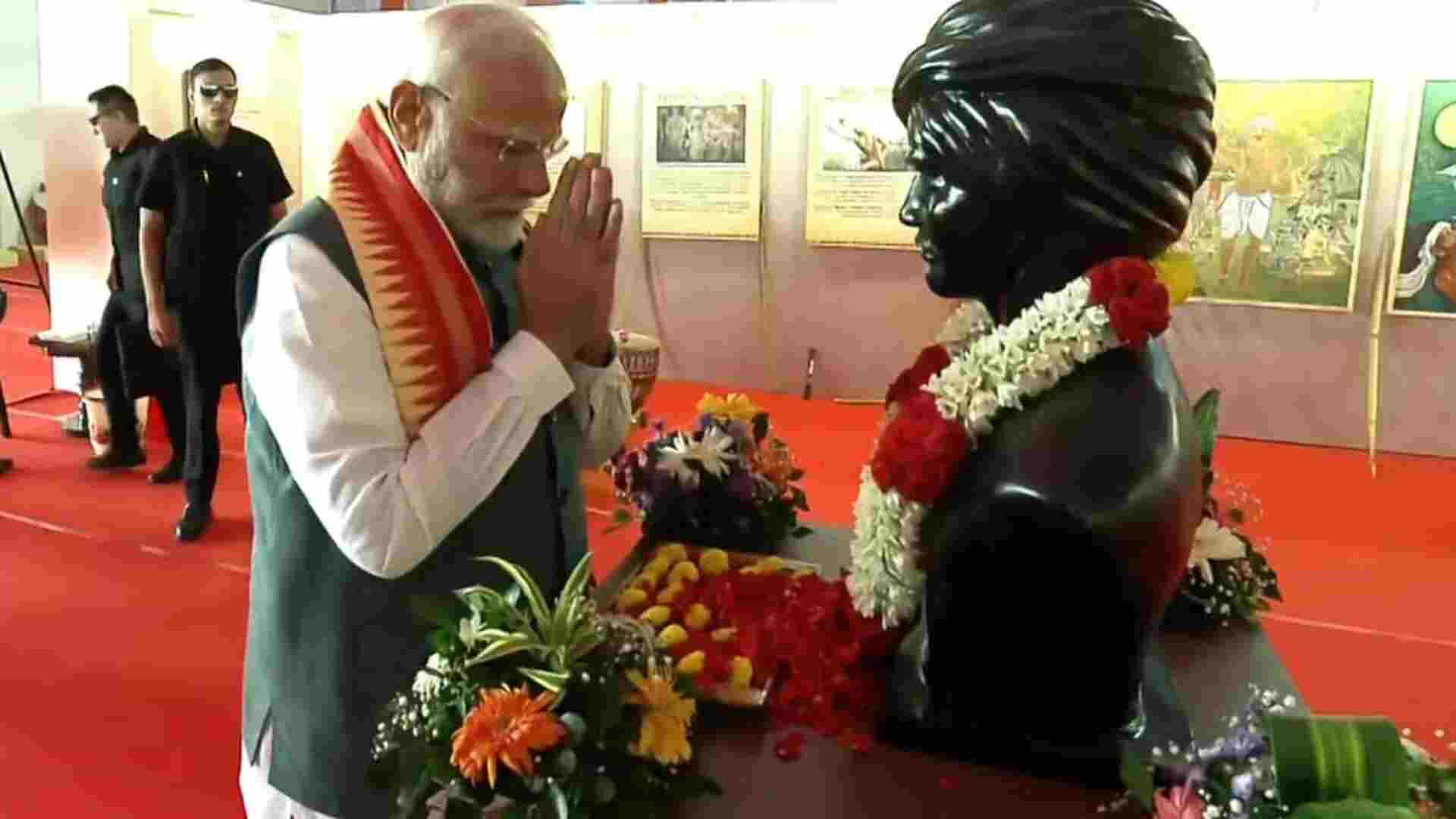
The relationship between India and China has been mostly of mistrust and doubt. It is only in the last decade or so when FDI started flowing into India and sophisticated products started being available at an affordable price, the perception towards China began changing, and Indians started overlooking proclivity of encroachments. So much so that successive governments were being criticised for not following the China model of growth.
However, with the tracing back of origin of Corona pandemic in China and recent bloody encounter at the Galwan Valley has been seen as intentional infliction. In a way, the dalliance with China seems to be over now.
To de-escalate the situation and as expostulation, certain firm decisions have been by taken by the Government.
In this article, I am examining the consequences of a hypothetical situation where the extreme step of expelling the Chinese investment may be taken. Whether that would put India in a spot in terms of international law or would India be within her rights to take such an asseverating step predicated on the surreptitious and wanton attack on the Indian soldiers?
Currently, many Chinese companies have an investment in India either in manufacturing like Oppo or Haier or passive investment in various new technology businesses like Byju and Ola etc.
India entered into a Bilateral Investment Treaty (“BIT/Treaty”) with China in the Year 2006 and bestowed China as “Most Favoured Nation” (“MFN”). Indubitably, China has been oscillating between a hostile nation and a friendly nation. This ephemeral friendly relation between India and China came to an end in the year 2018, when India terminated the BIT, citing usurious conduct of People Liberation Army in Indian territory. However, in the event of termination, the Saving clause enshrined under the Treaty would kick in, to mitigate the adverse impact of such conduct by the host nation.
Therefore, in case the Indian Government decides to take the aggressive step and prohibits investment in India and withdraw all the approval granted to do business and concluded investment in past, in India; invariably, the investors would be sternly hit by such ministerial decision. The contemplated norm under the International Law, to mitigate such ministerial situation at the high table, is to opt for International Arbitration, invoking BIT.
Grounds under which Chinese Companies may invoke BIT
A petulant Chinese Company may possibly institute International Arbitration, invoking BIT, alleging breach of the treaty on the following grounds:
Let’s have a brief look at all the above-mentioned grounds.
Fair and Equitable Treatment
The interpretation of the “fair and equitable treatment” is ambulatory, and it varies with time and with the circumstances of each case. It is, therefore, challenging to establish an equivocal and static concept of these alleged notions. However, the disputing nation will need to prove that there exist wilful neglect and subjective bad faith to prove; there exists a breach of fair and equitable treatment obligation as per the BIT.
However, it is imperative that the ministerial decision should be supported with substantial reasoned judgement/information by the host nation. Further, it is trite law that in case of any official decision restricting foreign investment citing national security would result in the inapplicability of any other provision enshrined under the BIT.
Discrimination and Arbitrary ministerial decision
The second major alleged breach as per the Treaty is discrimination and arbitrariness. The settled position of law against the allegation is, ‘discrimination requires intentional treatment in favour of a national investor and to the detriment of a foreign investor; a treatment that doesn’t apply to other nationals in a similar situation’. Discrimination and arbitrariness require bad faith or wilful disregard of the due process of law. An inference can be drawn from the reason cited for banning the 59 Chinese mobile apps by the Indian Government. The Government cited the issue of national security, and in such a scenario, it becomes a matter of defence. The judgement regarding any aspect of national security is left at the discretion of the subjective opinion of the nation. Whereas, an allegation of bad faith and wilful neglect should be supported with substantial proof and not with disputable facts.
Expropriation
The most generic, out of all the allegations in case of any BIT breach dispute before the International Arbitration forum is of Expropriation. Expropriation can be of two types direct and indirect depending upon the conduct of the host nation. The former can be termed as one which arises due to forcible State action using either legislative or administrative action. At the same time, the latter can be defined as a gradual or growing form of creeping towards expropriation.
All the allegations described above could be repelled citing the sagacious reason of National Security as essential security interest (“ESI”) measure, prescribed in the Exception clause, envisaged under Article 14 of the BIT, which precludes India against the allegations mentioned above.
It is trite in the international law that the rights of the investors are protected under Customary International Law. However, such rights are superseded in case the Host Country does any action in the interest of Essential Security Interest, and thus such rights are subjugated pro-tanto. No compensation is payable to the investor even if the expropriation is permanent where the Host Country invoked the ground of National Security. Compensation against expropriation of such investment can only be granted or allowed if Essential Security Interest is not demonstrated (“ESI”).
Nonetheless, the host nation must balance the two-competing interest as evolved over the period: i. Degree of measure’s interference with the right of ownership; and ii. The power of the State to adopt its policies.
Where the host nation satisfies that the measures taken were necessary because of ESI, then the damage suffered by the investor cannot be claimed, and it is to be borne by the investor alone.
Now let us have a cursory look at what may be regarded as Essential Security Interest.
Essential Security Interest
As observed in the case of CMS v Argentine that there need not have one event to conclude national security threat, even unfolding series of events can also threaten a country and enough to speculate an issue of national security.
In the matter of national security, whether in the short run or long run, the State is not required to show urgency or imminent threat. Generally while invoking ESI clause, the following factors must be borne by the Host Country that the ministerial action:
It has been reiterated in several International Arbitration cases that measure to protect ESI are the subjective judgement of the Host Country, and there should exist nexus between the measure at issue and the interest pursued.
The Arbitral tribunal may not sit in judgment on national security matters as on any other factual dispute arising between the investor and a State. National Security issues related to the existential core of a State. An investor who wishes to challenge the Host State’s decision has a heavy burden of proof. On the contrary, Host Country in its rebuttal may have to show that the measures at issue were necessary to safeguard ESI.
Looking at the sequence of events, the conduct of Chinese Army and the fact that most of the Chinese investors are ultimately stateowned, such an argument may carry a great force, and Chinese investor in such hypothetical scenario may not gain anything at the International Arbitration Forum.
Gagan Kumar is a practising Advocate, a qualified Chartered Accountant, an Author and custodian of Krishnomics Legal based at New Delhi.














